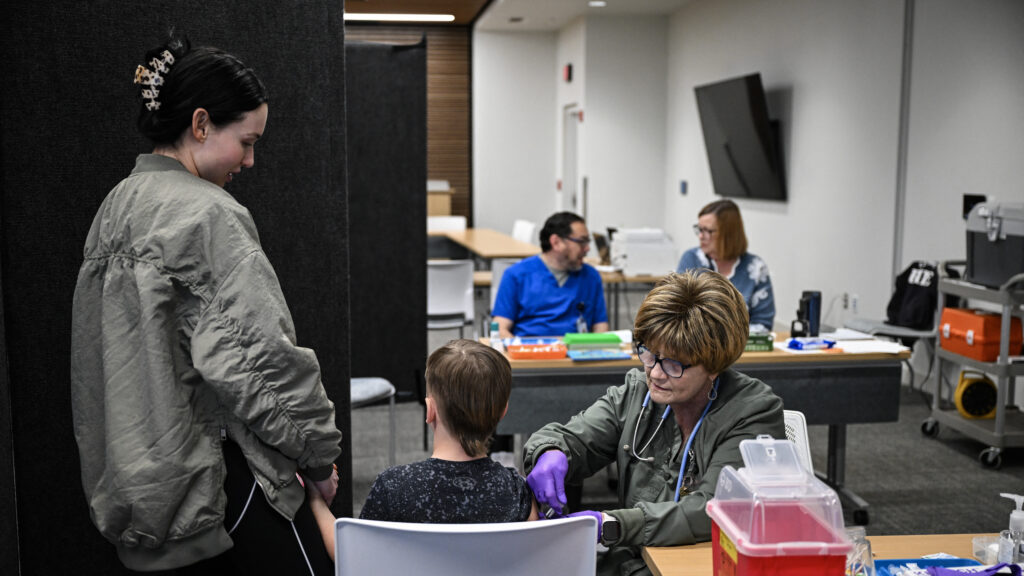Community Health in Crisis: 50 Vaccine Clinics Vanish as Federal Funding Crumbles

Health leaders across the nation are sounding the alarm about the potential devastating consequences of widespread federal health worker layoffs. City and county health officials are united in their message: mass dismissals will critically undermine America's healthcare infrastructure and public health resilience.
These officials argue that large-scale terminations of federal health workers not only disrupt essential medical services but also compromise the nation's ability to respond effectively to health emergencies. The sudden loss of experienced professionals could create dangerous gaps in critical healthcare systems, potentially leaving vulnerable populations at increased risk.
The criticism highlights a growing concern that such sweeping job cuts could have far-reaching implications beyond immediate employment impacts. By potentially destabilizing healthcare workforce stability, these layoffs threaten to erode the very foundations of public health preparedness and community medical support.
Health administrators stress that maintaining a robust, experienced federal health workforce is crucial for national health security. They warn that short-term cost-cutting measures could result in long-term, potentially irreparable damage to the country's healthcare capabilities.
As the debate intensifies, these officials are calling for a more strategic approach that prioritizes healthcare worker retention, professional development, and sustainable workforce management.
